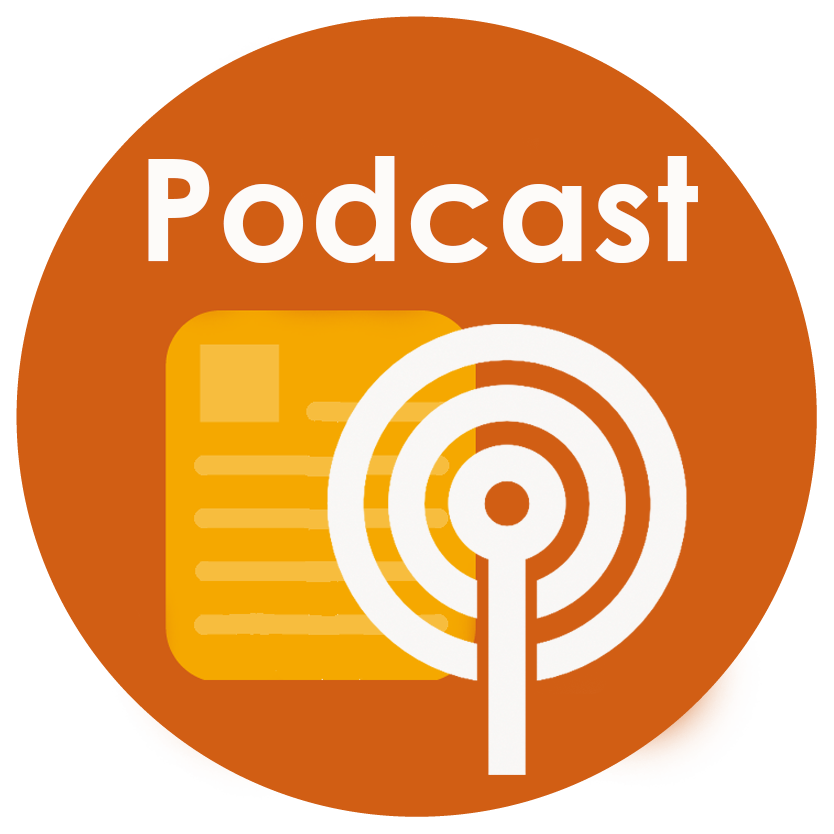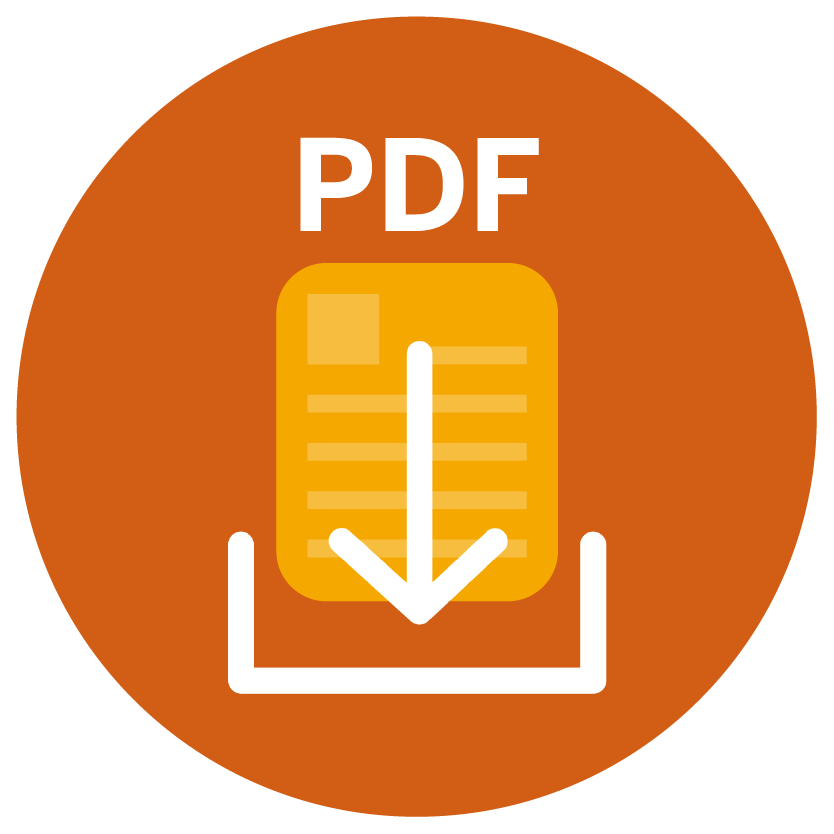
Volume XLIII, No. 25 | August 26, 2021
It’s No Secret – Students are Stumped. Planting the Seeds for College Readiness
Research indicates that college readiness is a nationwide concern for community colleges. At Pasco-Hernando Community College (PHSC), we are aware that many of our students enter the classroom without the knowledge or skills necessary to be successful. Fortunately for our students, in 2018 we prepared for our reaffirmation of accreditation by the Southern Association of Colleges and Schools Commission on Colleges (SACSCOC), and as such, it was time for a new Quality Enhancement Plan (QEP). This article provides an overview of how our institution implemented Bridge to Success: The College Readiness Experience as our QEP to address college readiness among our students.
Background
The planning and implementation of this experience took multiple committee meetings over several semesters beginning in the fall of 2018. We created a 45-member, all-inclusive (i.e., faculty, staff, administrators, students, and one PHSC District Board of Trustee member) QEP Development and Implementation Committee that included nine subcommittees (Course of Action, Student Population, Curriculum and Assessment, Implementation, Outcomes, Budget, Instructor Certification, Branding and Marketing, and Response) that worked out the details for this experience. In addition, a QEP leadership team was formed that included a director, assistant director, faculty subject matter expert, and faculty master trainer.
Initially, we envisioned the experience would cover two semesters, with the first semester hosting the three-credit hour course and the second semester providing interactions between the students and the college’s wraparound support services called Passport to Success. After moving further into the planning process, it was determined that, due to staff and budget concerns, the wraparound support service interactions needed to be included in the first-semester course.
The outcome of all this preparation and hard work is Bridge to Success: The College Readiness Experience course SLS1106 Journey to Success, a first-year, first-semester experience currently open to all students, and in the future, will be a mandatory course in the Associate in Arts degree program. The target student population is part-time or full-time students who are attending PHSC for the first time, have earned six or fewer credit hours from an accredited institution of higher education, and are enrolled in coursework that leads to an Associate in Arts degree. It is “an intentional combination of academic and co-curricular efforts” (Koch and Gardner, 2006, as cited in Young, 2018). The pilot courses were offered in the spring 2020 semester.
The Experience
SLS 1106 Journey to Success is based on four focus areas selected by the QEP Development and Implementation Committee as being essential for college readiness: Problem-solving, time management, intellectual openness, and persistence. There are student learning and student success outcomes expected from each part of the experience.
- Problem-solving: Students will be able to
- reflect on successful and unsuccessful actions and outcomes used in solving problems.
- use a process to effectively solve problems.
- Time management: Students will be able to
- manage how they spend the hours in a day to effectively accomplish stated goals.
- engage in self-reflection to monitor how they spend their time.
- Intellectual openness: Students will be able to
- engage in discussions with others of different viewpoints and opinions.
- demonstrate a willingness to explore new ideas and concepts.
- Persistence: Students will be able to
- recognize their ability to achieve goals.
- demonstrate an effort to achieve goals.
- adapt plans in order to overcome obstacles.
- identify the impact of interpersonal and intrapersonal experiences.
The student success outcomes include increasing first-year retention rates and increasing completion rates.
The course uses a common reader, Mindset: The New Psychology of Success by Carol S. Dweck. In addition, there are a variety of reading assignments, videos, TedTalks, self-inventories, and activities specific to each of the four focus areas. No matter which modality is used (i.e., face-to-face, hybrid, or online), the content is the same across courses. The QEP Curriculum and Assessment Subcommittee vetted and chose Anthology Portfolio (formerly Chalk and Wire) as the data collection software for this course, since it integrates well with our learning management system, Canvas, and provides the reports needed for SACSCOC.
There are course activities that accentuate the four focus areas, including:
- Problem-solving: Students take The Myers-Briggs Personality Type Indicator to better understand the dynamics within groups of people.
- Time management: Students keep a time log and use the log to develop a reflective paper that looks at their current time management skills.
- Intellectual openness: Students participate in discussions about time distractors. They also participate in class debates.
- Persistence: Students maintain an academic plan to promote the determination needed to persist when challenges occur.
At the beginning and again at the end of the semester, students are asked to complete a survey with the same questions that indicate how college-ready they feel they are with respect to the four focus areas. This five-point Likert scale survey was developed internally, primarily by the QEP faculty subject matter expert.
In the Passport to Success co-curricular activities, students engage with various wraparound support services that the college offers. Participation is designed to reinforce specific student learning outcomes. Students must experience at least three wraparound support services that most fit their needs, attend events or complete tasks relating to each specific support service, and participate in various campus activities, such as Pizza With the Provost, Peace Week, Teacher Taco Tuesdays, Waffle Wednesday, Dr. Martin Luther King, Jr. Lecture Series, Beach Bash, and kayaking at an offsite venue. Students submit a reflective summary of their experiences.
The course concludes with a Capstone Project. This project features an essay and a video in which students demonstrate everything they learned during their time in the course. Each component showcases different aspects of learning and growth. The student testimonies submitted in this project were so revealing about the benefits of this experience that video collages are being produced as marketing for future students!
Over time, SLS1106 Journey to Success instructors played a pivotal role in growing the experience. One suggestion from an instructor led to the fostering of an ongoing sense of community through a virtual SLS 1106 Journey to Success Commons Lounge, which is open to all students who have completed or are currently in the course, as well as to all course instructors.
Instructor Criteria and Training
In order to teach this course, instructors must meet certain criteria and undergo specific approvals and training. Candidate criteria include:
- must be a full- or part-time faculty member, full-time staff, or a full-time administrator.
- received immediate supervisor approval to apply.
- received a recommendation from the QEP Director and Assistant Director.
- received final approval from the Executive Vice President and Chief Academic Officer/College Provost.
In addition, candidates must:
- complete an instructor certification course that focuses on the key and fundamental components of the SLS 1106 Journey to Success,
- attend a new student orientation so instructors can “walk in the footsteps” of a student seeking to attend college for the first time, and
- participate in agreement training sessions to ensure evaluation and grading of course assignments is consistent throughout all course offerings.
Outcome Results to Date
This experience is included as part of the college’s case-management advising model. Advisors reported that from the fall 2020 cohort, 86 percent of the SLS 1106 Journey to Success students registered for the spring 2021 semester. Students have consistently indicated in three semesters of data that by the end of the semester, they feel better prepared than at the beginning of the semester in the four focus areas of college readiness. First-year retention rates for full-time students were 58.3 percent, slightly below the benchmark of 60.3 percent; and for part-time students, the retention rate was 41.7 percent, also below the benchmark of 49.2 percent. However, we believe these are positive first-year retention rates given the unexpected COVID-19 pandemic circumstances. Data regarding completion rates will not be available until the spring 2022 semester.
There are several quality improvement mechanisms in place for Bridge to Success: The College Readiness Experience. They include feedback from students via the course and instructor evaluations, biweekly instructor chats, annual update sessions for certified instructors, and the opportunity for instructors to attend professional development workshops, webinars, and conferences focused on first-year experiences.
Conclusion
For a first-year student initiative to be successful, it is critical that it be well-researched, well-planned, and well-executed. It is also critical to have the right people involved, which not only includes individuals from academic affairs, but also individuals from student affairs. We like to think that this initiative is a perfect blend of great minds from academic affairs and student affairs and provides a strong foundation for student success.
Barbara B. Booker, Professor, English, QEP Assistant Director
Karen S. Lotz, Assistant Professor, Nursing, QEP Subject Matter Expert
David L. Sullivan, Professor, Paramedicine, QEP Master Trainer
Misty R. Price, Professor, Accounting, QEP Director
For more information, contact the authors at Pasco-Hernando State College, bookerb@phsc.edu.
Please review Writing an Innovation Abstracts if you are interested in authoring an Innovation Abstracts for NISOD.
Reference
Young, D. G. (2018). Data from the 2017 National Survey on the first-year experience: Creating connections to go beyond traditional thinking [Power Point slides]. University of South Carolina. National Resource Center for the First-Year Experience and Students in Transition. https://sc.edu/about/offices_and_divisions/national_resource_center/index.php



